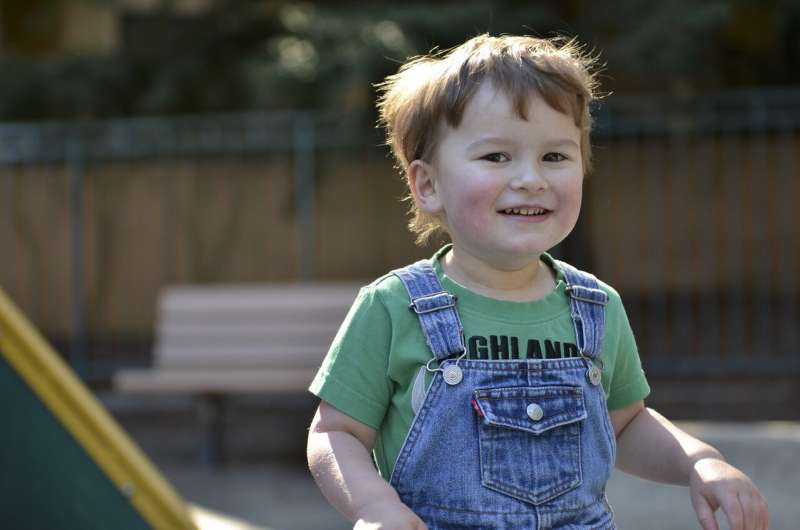Intervention is essential for reducing loneliness and social isolation in ASD

Throughout typical development children must be surrounded by peers both for their well-being and for ample growth of their cognitive, linguistic, and social skills. In children with autism spectrum disorders (ASD), peer interaction is a core deficit. More specifically, young children with ASD (preschoolers) do not appear to show the same patterns as their typically developing counterparts along the three key domains associated with efficient peer interaction—social interactive skills, play, and conversation.
Early social engagement challenges experienced by young children with ASD may limit their early peer relationship experiences and reduce later peer engagement. Although peer relations comprise a core social-communicative deficit in ASD, relevant randomized controlled trials of peer programs for young children with ASD are scarce.
A recent study, conducted by researchers at Bar-Ilan University and published in the Journal of Autism and Developmental Disorders, aimed at bridging this research gap by evaluating the efficacy of the Preschool Peer Social Intervention (PPSI) in facilitating peer engagement among preschoolers with ASD. The major goal of the PPSI intervention was to increase social engagement of preschoolers with ASD during mixed interactions with their peers with ASD and peers with typical development.
The key results showed that interaction, play and conversation intervention groups improved over time, each mainly in its own targeted peer-engagement domain. Preschoolers with ASD demonstrated more complex social play capabilities, better interaction skills and more adaptive social conversations, leading to better social inclusion with their typical peers. Additionally, teachers reported improvement in children's overall adaptive skills, in overall play complexity and in social engagement in everyday play situations with their peers. However, children not exposed to the intervention showed no improvement in these skills, and even a deterioration on some measures.
"The fact that the control group without intervention did not progress on any of our measures, and even regressed on some, means that individualized peer intervention comprising all three of these domains is essential for reducing loneliness and social isolation in ASD," says Dr. Nirit Bauminger-Zviely, of Bar-Ilan University's Churgin School of Education, who led the study with the participation of Dganit Eytan, Sagit Hoshmand and Ofira Rajwan Ben-Shlomo. The study is a continuation of research conducted in Bauminger-Zviely's ASD laboratory, which is at the forefront of basic and applied research on the social-emotional development of children affected by ASD, exploring possible precursors, correlates, and characteristics of peer relations, as well as developing novel manualized evidenced-based social intervention.
Bauminger-Zviely and team are currently training teachers, speech therapists and psychologists to implement PPSI in their preschools to help children with ASD cope with their major challenge: how to efficiently interact with their peers.
More information: Nirit Bauminger-Zviely et al, Preschool Peer Social Intervention (PPSI) to Enhance Social Play, Interaction, and Conversation: Study Outcomes, Journal of Autism and Developmental Disorders (2019). DOI: 10.1007/s10803-019-04316-2



















